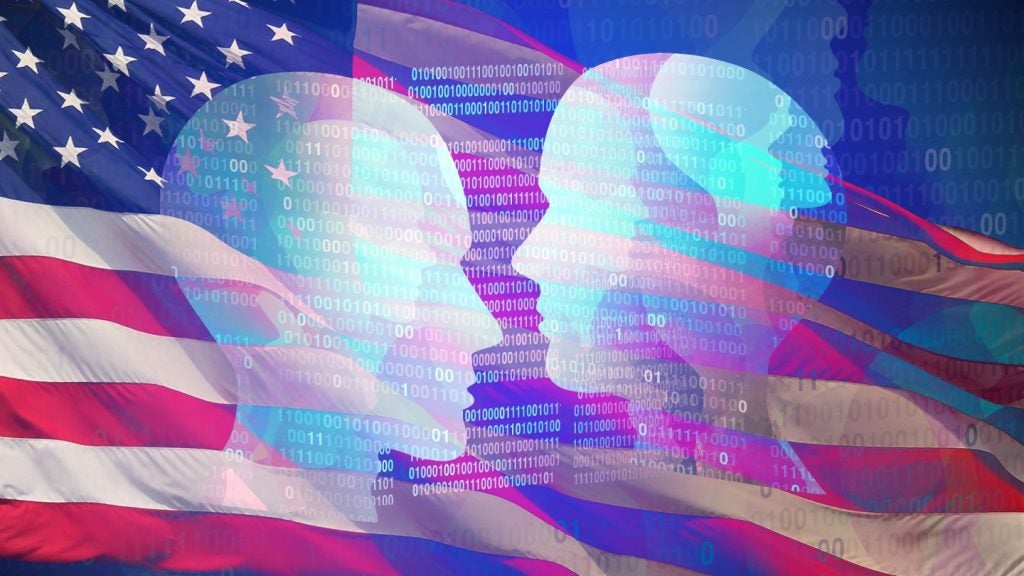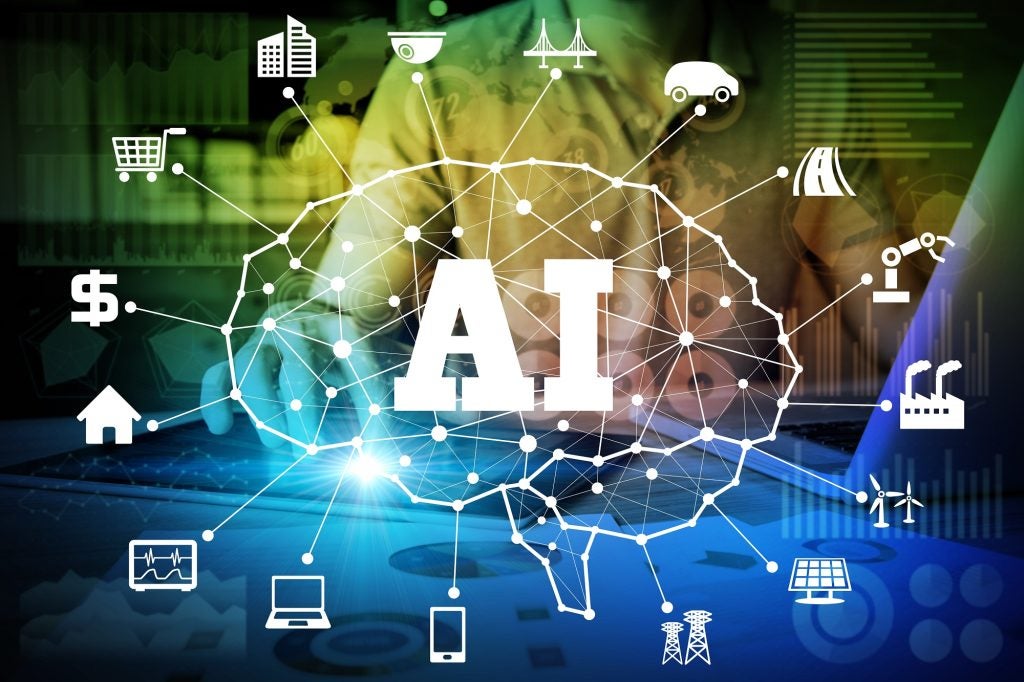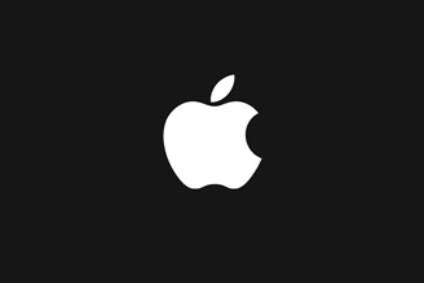
Since the launch of ChatGPT in late 2022, artificial intelligence (AI) has been the word on everyone’s lips—and it is here to stay—making AI skills a hot ticket in the jobs market.
GlobalData forecasts that the AI market will grow from $103 billion in 2023 to $1,037 billion by 2030, with a compound annual growth rate (CAGR) of 39%.
A Q4 2023 GlobalData survey also revealed that 67% of the respondents believe that AI is already tangibly disrupting their industries or will do so within the next 12 months. Therefore, AI skills are becoming increasingly attractive and popular among hiring managers.
AI skills are essential for hiring managers
Due to its many abilities, companies are exploring new ways to implement AI across their business processes. The best way to do this is to hire employees with AI knowledge and skills. GlobalData reveals that a lack of AI talent is among the main reasons why companies fail to initiate AI-related tasks or projects.
Similarly, in 2024, Resume Templates surveyed 780 hiring managers and asked them to pick from four candidates with differing years of work experience and levels of AI skills. The survey results revealed that 56% of managers would go for an applicant with relevant experience and a certain amount of AI expertise. This means that candidates with basic knowledge in an area can now compete with more experienced applicants if they have AI skills. The survey also highlighted that around 75% of hiring managers believed AI to be either very important or somewhat important.
GlobalData’s Job Analytics database reveals that Amazon is the leading company for AI-related active jobs, jobs posted, and the number of closed jobs. The most popular AI-related roles include data scientists, software engineers, technical leads and analysts, AI architects, and product managers.
How well do you really know your competitors?
Access the most comprehensive Company Profiles on the market, powered by GlobalData. Save hours of research. Gain competitive edge.

Thank you!
Your download email will arrive shortly
Not ready to buy yet? Download a free sample
We are confident about the unique quality of our Company Profiles. However, we want you to make the most beneficial decision for your business, so we offer a free sample that you can download by submitting the below form
By GlobalDataThe AI skills shortage
GlobalData’s Job Analytics detected that AI-related active job postings increased two-fold between 2021 and 2022, whereas the number of AI-related jobs closed almost tripled between 2020 and 2023.
However, GlobalData suggests that although companies are increasingly looking for AI-skilled employees, there is a considerable shortage of AI talent. Considering the skills shortage and the competition for AI skills, companies must come up with unique offers to attract AI experts or devise strategies to cultivate in-house AI talent. For instance, Meta and Microsoft offered free AI training for the public and their employees.
Companies are also investing in tools to help non-expert employees incorporate AI into their processes, while some companies are partnering with universities to recruit AI talent that fits their needs. Thanks to online learning platforms like Coursera and Udacity, the number of self-taught AI experts is also increasing.
Generative AI’s employment impact
Investing in AI technologies can help companies transform their processes and workflows. Using AI, companies can lower costs, make more informed and better decisions, and increase productivity and profitability.
The impact of AI will only increase as more advancements are made. GlobalData reports that the current employment impact of generative AI is limited to collaboration, productivity enhancements, and new roles. In 10 to 30 years, this impact will include specific role and team replacement. And it will not stop there. In 35 to 100 years, generative AI will even allow for broad role replacement. AI will disrupt almost every sector, meaning that it is not only companies that need to adopt it. Job candidates and employees also need to get themselves acquainted with AI and develop the necessary skills to stay relevant in this time of digital transformation.








Related Company Profiles
Amazon.com Inc
Meta Platforms Inc
Microsoft Corp